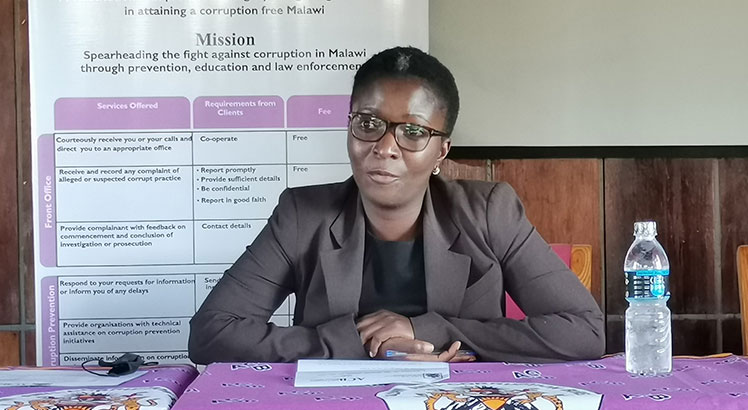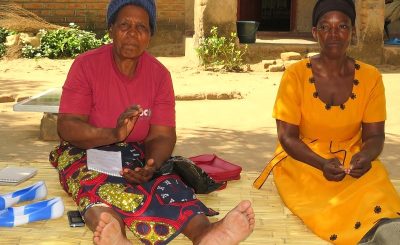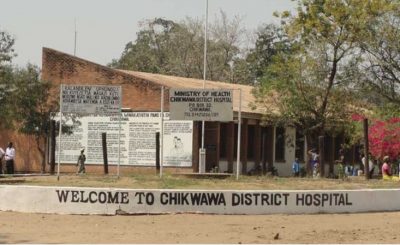Since its establishment and commencement of its operations in 1998, the Anti-Corruption Bureau (ACB) has been a beacon of hope in the fight against graft.
Various interventions have been employed to deal with the vice, once such intervention applied recently is the introduction of Institutional Integrity Committees (IICs) as provided by a multi-sectoral National Integrity Committee (NIC) in the National Anti-Corruption Strategy II (NACS II).
Among three concrete goals which NACS II prioritised has been the promotion of a culture of integrity where corruption is widely repudiated and denounced in the interest of the common good.
It has been five years now since the establishment of the five-year Strategy which established that lack of integrity is manifest in traits such as greed and moral decay, where public sector actors show a lack of empathy for their fellow citizens who expect to equally benefit from public resources.
“The fight against corruption in Malawi was lost the moment the current ACB director General Martha Chizuma during that outrageous midnight raid and more recently, the final nail on the coffin was when President Lazarus Chakwera shamelessly attacked the US government over the decision no ban four key government officials into entering their territory.
“The fight against corruption was founded on political will therefore, the tone and posture of the occupant of the highest office has a direct bearing on the downward spiral in the government structure from Capital Hill all the way to the district council,” says Sylvester Namiwa, executive director for the Centre for Democracy and Economic Development Initiatives (CDEDI).
However, ACB blames the underperformance on inadequacy of resources for anti-corruption efforts citing that while several Ministries, Departments and Agencies (MDAs) introduced the IICs, most MDAs do not adequately fund the Committees which is negatively affecting their effectiveness and efficiency in the graft fight.
In an interview, Chizuma concedes that ACB alone cannot deal with the vice saying it is a cartel, an organised move which involves numerous players, both in government and the private sector.
Chizuma says: “It all depend people deciding, from top to the lowest level of our society to we want to do things ethically, that’s the only way will be able to fight graft, but as it is if all of us just continue indulging in this corrupt act, when that happens you can’t put the blame on ACB.
“Because there no way ACB will investigate and prosecute each and every case that happens in this country, it’s not practically possible, yes ACB can spearhead some of these initiatives like anti-corruption prevention, public education and law enforcement, but we can’t do it alone.”
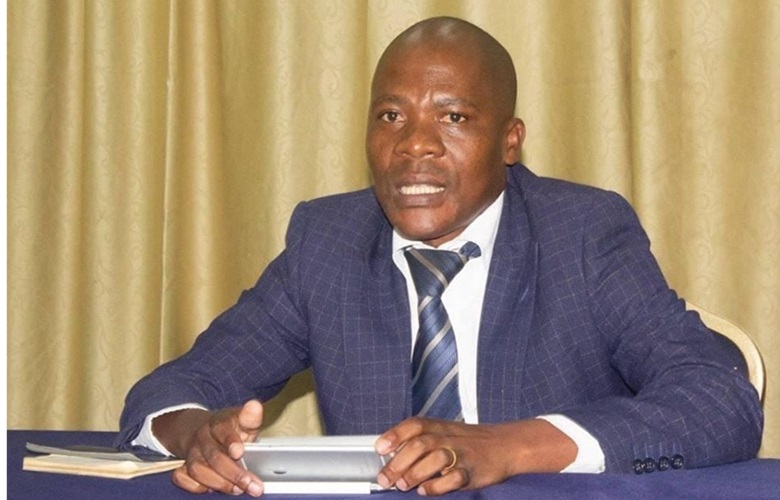
Nonetheless, Namiwa argues that with the current situation on the ground, the effectiveness of the IICs is questionable and there is no impact.
He says: “I regret to inform you that it is in fact a waste of time and resources to be talking of effectiveness and integrity of committees at such levels as MDA when the impression and tone is totally different and the highest office.
“Let’s reserve this for such a period of time when we will have the political will to fight the vice that is the sole reason why we are stagnating if not sliding back on all social and economic indicators.”
The Bureau conducts integrity tests to assess attitudes and experiences related to individuals’ honesty, trustworthiness, reliability, and pro-social behaviour.
Such tests are used to identify individuals who are likely to engage in inappropriate and dishonest behaviour at work and form a basis for appropriate corrective measures.
2022 Afrobarometer survey dubbed: Malawians cite lack of professionalism, integrity, responsiveness among police failings established that more than four in 10 citizens (42 percent) say “most” or “all” police officers are corrupt, outpacing perceived widespread corruption among tax officials (39 percent), business executives (38 percent), officials in the Presidency (37 percent), and civil servants (37 percent).
In addition, 43 percent of respondents believe that “some” police officials are corrupt. The survey further found that while perceptions of corruption are fairly high, public trust in the Malawian police is relatively low.
Fewer than half (46 percent) of citizens say they trust the police “somewhat” (20 percent) or “a lot” (25 percent), while a majority express “just a little” trust (28 percent) or no trust at all (25 percent).
Whilst acknowledging topping the list with 42 percent as the most corrupt organisation in Malawi according to a corruption opinion collected through the survey, Malawi Police Service (MPS) indicates that such surveys have helped the service to reduce cases of corruption as indicated by the percentage.
“The public may wish to know that in the previous report by the same Afrobarometer survey in 2018, the MPS topped the list with 83 percent which clearly shows that there is a tremendous improvement in fighting corruption by the MPS as now the spiral has been reduced to 42 percent.
“In a quest to fight corruption, the MPS developed and sincerely implemented an anti-corruption policy, strengthened Professional Standards Unit, an internal accountability mechanism and resuscitated institutional integrity committees. Further, the MPS works hand in hand with the ACB to ensure that all those found to be involved in corrupt practices are brought to book,” reads a statement issued by the law enforcement agency.
The Independent Complaints Commission (ICC), which is mandated to investigate complaints against police officers and the MPS, aiming to enhance professionalism and respect for human rights in policing functions, acknowledges receipt of complaints regarding the law enforcers engaging in corrupt practices.
Speaking to YONECO FM, ICC Commissioner Christopher Tukula says chief among such complaints is that tendency to do with officers receiving or demanding cash from suspects.
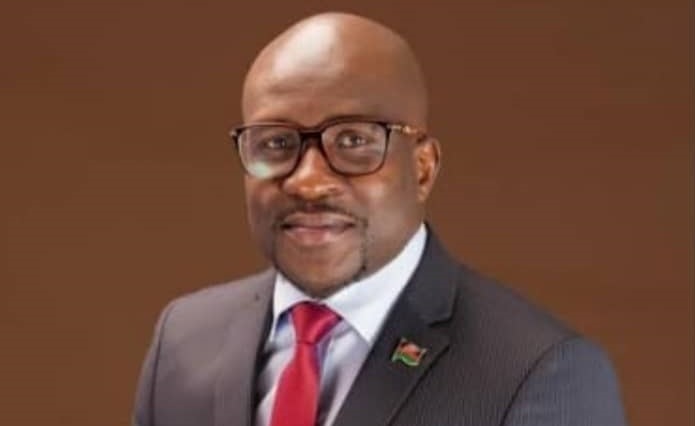
“Yes, as Commission we have received such complaints, and we are in the process of investigating all those complaints that we have received relating to that issue, and just as is the case with all the complaints that we have received.
“It’s one of the commonest complaints that we are receiving normally people don’t know that the police bail is supposed to be free, you are not supposed to pay anything in return for police bail,” admits Tukula.
During the 2022-2023 reporting period, ACB conducted integrity tests in the following institutions: Department of Road Traffic and Safety Services (DRTSS) – (Lilongwe, Blantyre, Mzuzu, Zomba, DRTSS–Headquarters, DRTSS–City Centre, Makata and Chingeni Weigh Bridges), National Library Services branches in all the regions, Greenbelt Authority in Lilongwe, and Blantyre Water Board.
Based on the results of the integrity tests, the Bureau recommended that Controlling Officers should ensure that integrity tools are developed to promote integrity; members of staff at all levels are regularly trained and sensitized in ethics and integrity issues, among other recommendations.
Commenting on the effectiveness of the integrity and ethics in the public sector, Namiwa recommends that more needs to be done if the IICs are to bear desirable fruits.
“We need renewed commitment in the from the highest matched with action not the rhetoric we have been subjected to in this regime otherwise let’s forget about the whole thing about ending corruption,” says Namiwa.
Produced with support of the European Union


